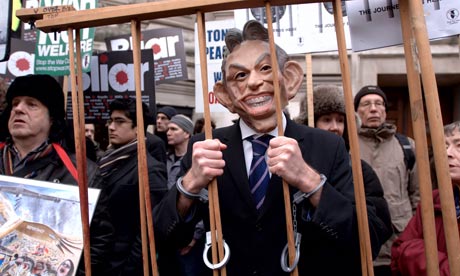By Alexandra Sandacz
Impunity Watch Reporter, Europe
DUBLIN, Ireland – Last week, Nicola Furlong’s family was left “disgusted” when they heard the man who murdered their daughter could only face a five-year jail sentence.

A Tokyo District Court found 19-year-old, Richard Hinds, an American, guilty of strangling Nicola Furlong to death last year. Since Hinds was a minor when he was arrested, the court sentenced him to 5 to 10 years in jail. Furthermore, James Blackston, a 23-year-old, was sentenced to three years for sexual assault.
Nicola Furlong’s mother, Angela, broke down as the jail term was announced. She called the court’s decision “a travesty”. She stated, “It’s not enough, given the pain he caused Nicola. We’re not leaving here believing we have justice. We still don’t know the truth of what happened in that hotel room.”
Nichola’s sister, Andrea, stated the Japanese criminal justice system let her family down. She said, “I’m absolutely disgusted and so angry and so hurt. We had so much faith in the Japanese doing justice for us and I don’t feel we got it.”
Hinds and Blackston met Nicola Furlong and a friend after a concert in Tokyo. According to the prosecution, after the concert, the four traveled to a bar where the two women were drugged.
Furthermore, prosecution entered taxi footage that shows Blackston sexually assaulting Furlong’s friend as they travelled to the Keio Plaza Hotel. The footage also shows the men borrowing wheelchairs to get the unconscious women to a room.
Prosecutors later stated Hinds strangled Furlong with a towel to keep her quiet after she regained consciousness.
Delivering the verdict, the lead judge, Masaharu Ashizawa stated that the fact that Furlong was “strangled with force for several minutes” showed Hinds had murderous “intent.” Furthermore, Judge Ashizawa stated, “the tendency of sentencing in juvenile cases [means that] we can’t choose the death penalty or life imprisonment.”
Nonetheless, Judge Ashizawa, called the murder “atrocious and vicious in nature” and said Hinds’ version of what happened was “not credible”. Judge Ashizawa continued, “The defendant has continually given irrational explanations in his defense that have dishonored the victim.”
Hinds argued that Furlong voluntarily went to the hotel with him and willingly engaged in “rough sex”. His defense also argued that it was a “synergistic combination” of alcohol and prescription drugs that caused her death.
Although Hinds did not react when the verdict was declared, he smiled at his family as he walked out.
For further information, please see:
BBCNews – Richard Hinds Guilty of Nicola Furlong Murder in Tokyo – 19 March 2013
The Independent – Killer of Irish Woman in Japan Gets Light Sentence – 19 March 2013
Irish News – Nicola Furlong Family Angered At Japanese Justice System – 19 March 2013
The Japan Times – A Violent Death, Some Justice, Few Answers in Furlong Case – 19 March 2013



